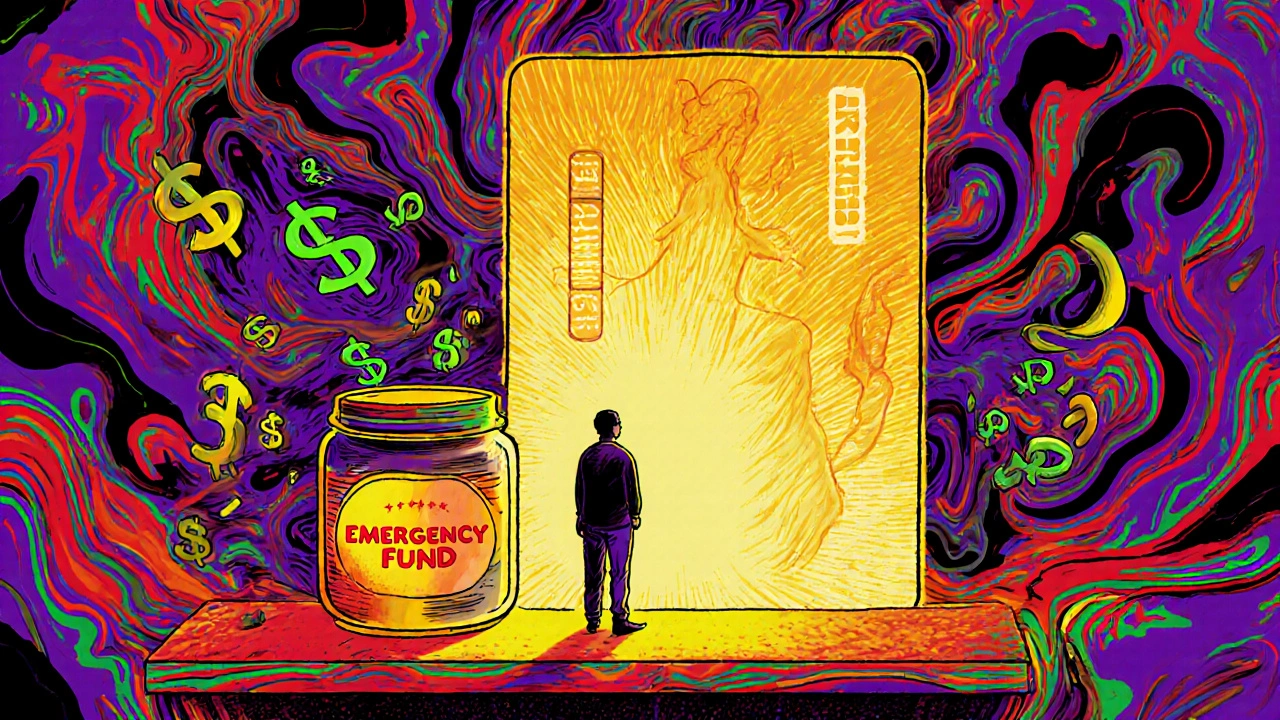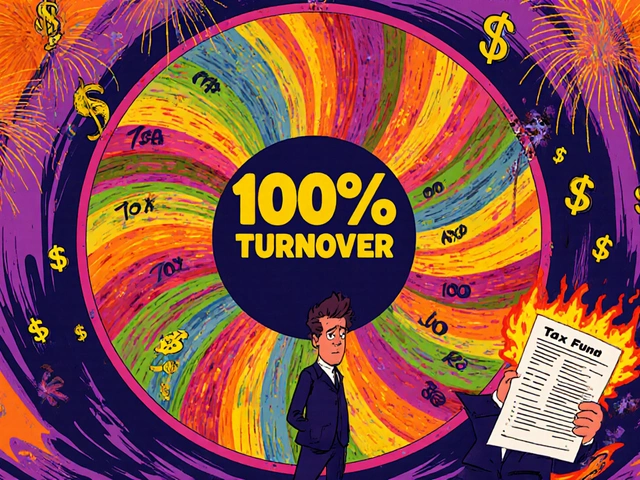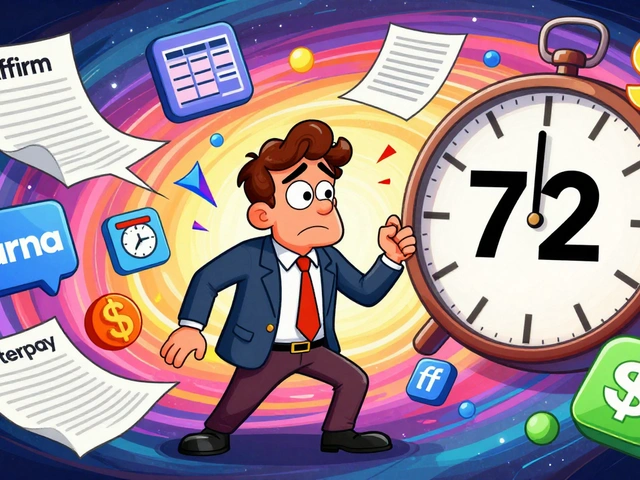Savings Account: Where to Keep Your Money Safe and Grow It Smart
When you open a savings account, a bank-deposited account designed to hold money safely while earning modest interest. Also known as a deposit account, it's the most basic tool for building financial security—no trading, no apps, no guesswork. Most people think a savings account is just a place to keep cash until they need it. But if you're not getting a decent interest rate, you're losing money every month to inflation. In 2025, some savings accounts pay over 4% APY—more than double what they did just three years ago. That’s not luck. That’s choosing the right one.
Not all savings accounts are the same. A high-yield savings account, a type of savings account offering significantly higher interest rates than traditional banks is the smart upgrade. These are usually offered by online banks with lower overhead, and they pass the savings on to you. Compare that to your local bank’s 0.01% rate—your money sits there and quietly shrinks. Then there’s FDIC insurance, federal protection that covers up to $250,000 per depositor, per insured bank. It’s not optional. If your bank fails, this is what keeps your money safe. Make sure your account is covered—don’t assume. And don’t spread your cash across multiple banks just to get more coverage; the limit is per institution, not per account.
Interest rates change all the time, often in response to the Federal Reserve’s moves. When inflation drops, rates might dip—but when uncertainty rises, they climb. Right now, the best savings accounts are responding fast. They’re not waiting for you to ask. They’re offering better rates just to get your money. That’s your advantage. You don’t need to be a finance expert. You just need to check your account twice a year and move it if another bank pays more. It takes five minutes. The payoff? Hundreds, sometimes thousands, of extra dollars over time.
And here’s the real power of a savings account: it’s your emergency fund’s home. Not your checking account. Not your crypto wallet. Not your brokerage. A separate, easy-to-access savings account with enough to cover three to six months of living expenses is the single most effective way to avoid debt when life throws you a curveball—a broken car, a medical bill, a job loss. That’s not advice from a blog. That’s what people who sleep well at night do.
You won’t find any complex strategies here. No derivatives. No leverage. Just the quiet, reliable math of compound interest and smart banking choices. The posts below show you exactly where to open an account right now, how to compare fees and rates without getting tricked, and how to automate your savings so you don’t even have to think about it. These aren’t theoretical tips. They’re what real people in 2025 are using to build real security—one dollar at a time.





